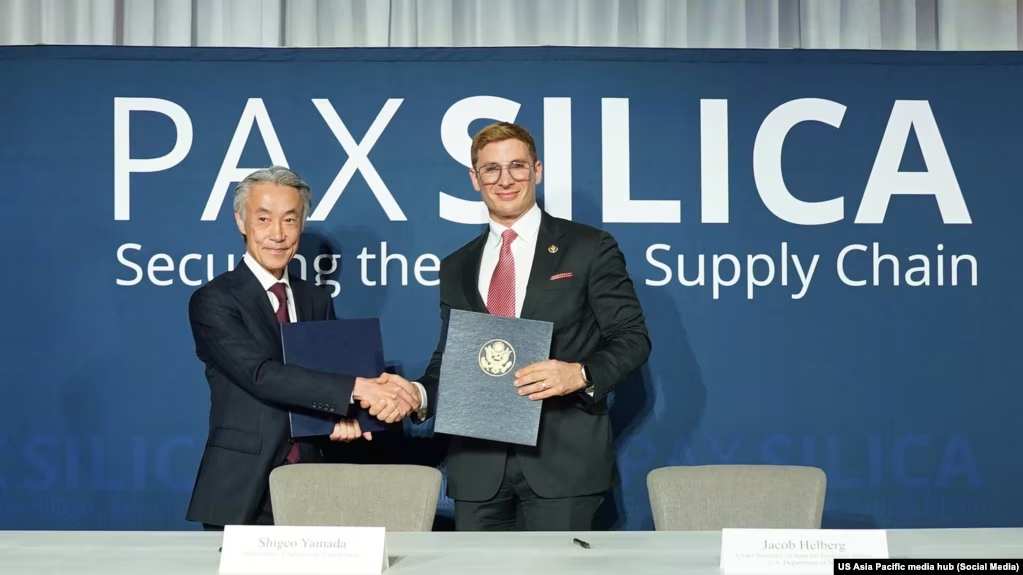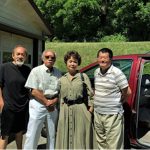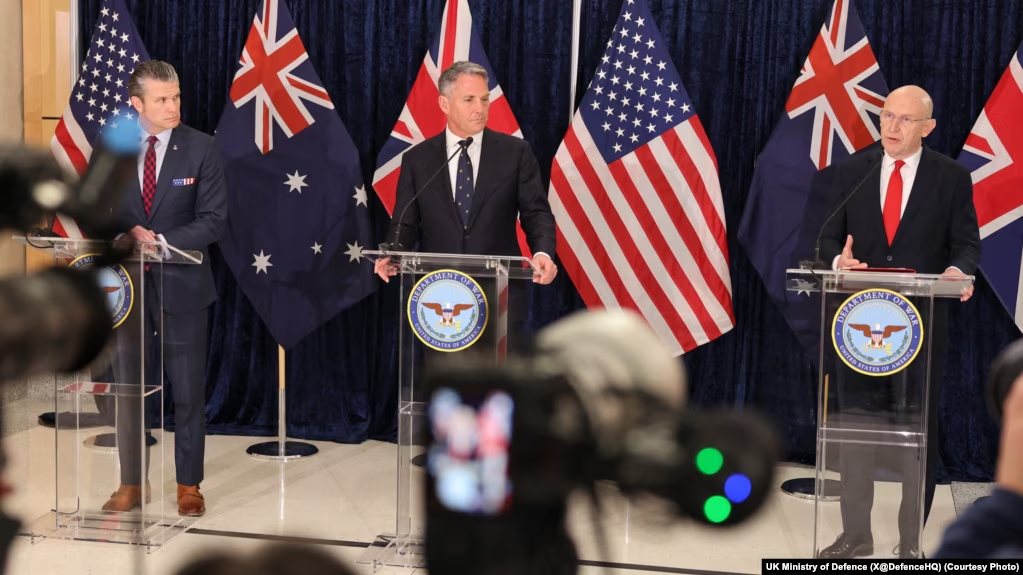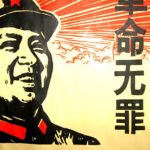Published: June 5, 2013
HONG KONG — Chen Xitong, the mayor of Beijing during the Tiananmen Square protests of 1989, died on Sunday, two days before the 24th anniversary of the armed crackdown he had championed. He was 82.

XINHUA, via Associated Press
Chen Xitong, the mayor of Beijing during the Tiananmen Square protests of 1989, appeared in court that year.
The cause was cancer, China’s state-run news agency, Xinhua, said Wednesday, confirming reports in the Hong Kong news media and on overseas Chinese Web sites the day before. Official confirmation appeared to have been delayed until after the anniversary on Tuesday, when the government was on guard against any displays of defiance.
Mr. Chen’s hard-line stance during the protests earned him promotion from the Communist Party and scorn from its opponents. But he was ultimately reviled and disowned by the party as well, accused of turning the Chinese capital into his brazenly corrupt fief. For Mr. Chen, a career that had started with literary yearnings ended in prison.
His death was little mourned publicly. The Hong Kong news media said he had been cremated in Beijing; the Xinhua bulletin gave no such details. The party issued no public praise or condolences as it usually does on the death of a dignitary.
“He was a tragic figure; he was a puppet used by more powerful people,” said Yao Jianfu, a former official and government researcher in Beijing, who published a book in Hong Kong last year based on his conversations with Mr. Chen.
“He started as a Chinese literature student at Peking University and could have become a poet or writer,” Mr. Yao said in a telephone interview. “But he joined the revolution and became a politician, and he’ll always be known for his role in the June 4 tragedy.”
On that day in 1989, soldiers and armored vehicles swept into central Beijing and opened fire, killing, by many estimates, hundreds of people. Party leaders had ordered them to put down the protests in Tiananmen Square, where for two months tens of thousands of students and other citizens had demanded expanded legal rights, an end to corruption and steps toward democracy.
Party roles in China carry much more power than government ones, but Mr. Chen, as Beijing’s mayor, and several other hard-line officials won the ear of Deng Xiaoping, the party patriarch, arguing that the protesters were a dire threat to one-party rule. In embracing their assertions and approving a crackdown, Mr. Deng shunted aside Zhao Ziyang, the relatively moderate party general secretary.
In memoirs published posthumously in 2009, Mr. Zhao said Mr. Chen had joined forces with the prime minister, Li Peng, and the party secretary of Beijing, Li Ximing, to convince Mr. Deng that the protests were part of a plot that would imperil him and the party.
Mr. Chen played a bigger role in the upheavals than he cared to admit, said Zhou Duo, who was among a group of intellectuals who negotiated with soldiers on June 4, 1989, to avoid bloodshed in Tiananmen Square itself.
“He egged on Deng Xiaoping to take a hard-line direction at a very critical moment,” said Mr. Zhou, who lives in Beijing. “He, Li Peng and Li Ximing played a very important role in encouraging Deng to take a mistaken course.”
Mr. Chen was born on June 10, 1930, in Sichuan Province, in southwest China. He joined the Communist Party in 1949, beginning a climb up the ladder of power in Beijing.
He won more power after the 1989 protests were crushed, becoming the party secretary of Beijing and a member of the Politburo, the council of top party officials. He promoted Beijing’s failed campaign for the 2000 Summer Olympic Games, which went to Sydney, Australia. (Beijing won the Games for 2008.) In the 1990s, Beijing residents joked about “Xitong hats,” the incongruous, pseudotraditional roofs that Mr. Chen was said to have ordered for new modernist buildings.
But Mr. Chen also accumulated rivals, including Jiang Zemin, the party chief who was appointed in 1989 and became president in 1993. Mr. Chen was dismissed from office in 1995 over a spreading scandal in Beijing; in 1998 he was tried and sentenced to 16 years in prison on charges of corruption and dereliction of duty. He and other officials contended that his real error had been in falling out with Mr. Jiang, said Mr. Yao, the retired official.
Mr. Chen was released from prison on medical parole in 2006 but usually remained under guard, Mr. Yao said.
As portrayed in the book that Mr. Yao published, Mr. Chen rejected the accusations against him, presenting himself as a naïve underling manipulated by top party leaders. The corruption case against him was an “absurd miscarriage of justice,” he said.
Mr. Yao said he believed that Mr. Chen was survived by his wife, Ye Zi, and a son, Chen Xiaotong.
Apart from the June 4 crackdown, Mr. Chen’s legacy may be as the sole senior official behind it who displayed any remorse about the bloodshed.
“Chen Xitong believed it was a tragedy that could, and should, have been avoided,” Mr. Yao said. “He didn’t say ‘I apologize’ or ‘I’m guilty,’ but he said he felt regret for the innocent victims.”
“That was too little, but after all, no other leader has said even that.”









